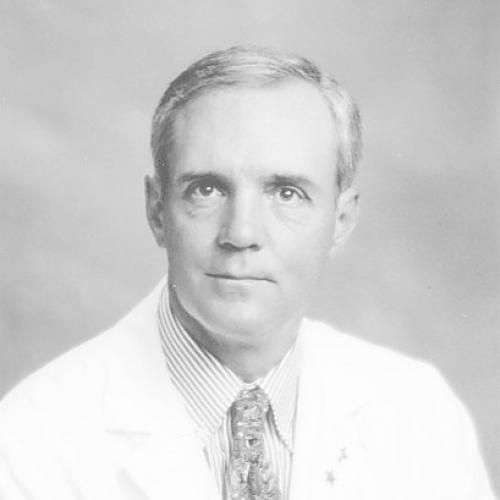Neuromuscular Scoliosis: Current Concepts.
Scoliosis is a common deformity in neuromuscular disorders. This spinal deformity usually presents at an early age, rapidly progresses during growth, and continues to progress even after skeletal maturity. Neuromuscular scoliosis classically involves the entire thoracolumbar spine, often extending to the pelvis and causing pelvic obliquity. Physical examination can be challenging, but it is important to assess the flexibility of the spinal curve and associated joint contractures. Upright anteroposterior and lateral radiographs are the preferred imaging. When formulating a treatment plan, it is important to take into account not only the degree of curvature, but also each patient's needs and quality of life, the potentially high perioperative complication rates, and the natural history of the underlying neuromuscular disorder. Different neuromuscular conditions behave differently and should therefore be treated differently. With the exception of steroids for Duchenne muscular dystrophy, bracing remains the only reliable nonoperative intervention available. Preoperative optimization of medical comorbidities is crucial given the relatively high complication rate. Posterior segmental instrumentation has revolutionized the surgical management of neuromuscular scoliosis and is the most commonly used technique today. Despite reported improvement in postoperative quality of life, there are several limitations with currently used outcome measures that prevent a well-informed discussion on the outcomes after surgery.
Duke Scholars
Published In
DOI
EISSN
Publication Date
Volume
Issue
Start / End Page
Location
Related Subject Headings
- Spinal Fusion
- Scoliosis
- Radiography
- Quality of Life
- Orthopedics
- Neuromuscular Diseases
- Humans
- Female
- Down Syndrome
- Child, Preschool
Citation
Published In
DOI
EISSN
Publication Date
Volume
Issue
Start / End Page
Location
Related Subject Headings
- Spinal Fusion
- Scoliosis
- Radiography
- Quality of Life
- Orthopedics
- Neuromuscular Diseases
- Humans
- Female
- Down Syndrome
- Child, Preschool


